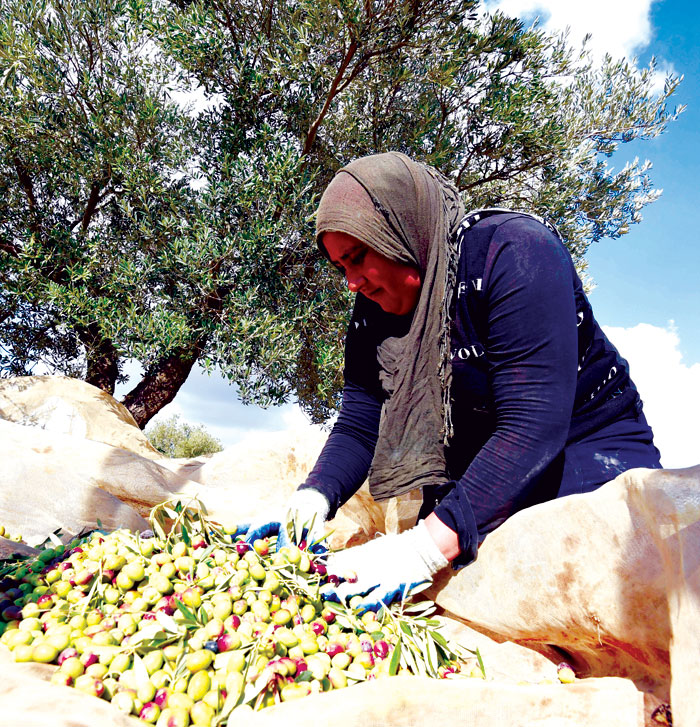ComAgri wants Commission olive oil plan changes

EurActiv | 11 February 2016
ComAgri wants Commission olive oil plan changes
The European Commission’s proposal to allow the sale of 35,000 tons of duty-free Tunisian olive oil in 2016 and 2017 has once again come under fire.
The executive proposed the plan after the North African country was made the target of terrorist attacks last year and has already stated "that it will not be significant and will not have a negative impact on European producers". Italian MEP Paolo De Castro (S&D Group) has rejected these assurances, made to ANSA by the Commission’s agriculture spokesperson, Daniel Rosario.
Commission: Italy already imports from third countries
Rosario supported the executive’s position by pointing out that the EU already imports oil from third countries to meet its requirements and that Italy is the largest importer of olive oil from other member states. He added that Italy accounts for 10% of imports from third countries, both for domestic sale and exportation.
Given the latest estimates that the current European olive crop is "the third smallest of the last seven years", with only 2,500,000 tons produced, there is a need to import oil from non-EU countries, said Rosario.
He also highlighted the risk that in the absence of trading with Europe, Tunisia would talk with other markets and they would be in competition with European products regardless.
De Castro said that the Commission cannot make the guarantee that the influx of duty-free Tunisian oil will not have a negative impact on the European market, because it appears that the executive has not carried out in-depth studies on its potential effects.
To avoid the risk that an increase in Tunisian imports would have an effect on prices, De Castro said that the Committee on Agriculture and Rural Development (ComAgri), on which he sits, had come up with a series of measures that will go before the plenary on 25 February.
In particular, explained the MEP, ComAgri is asking for "monthly import licences to regulate supply between January and October so that the production of extra-virgin olive oil is not affected". Other amendments include halving maximum quotas and the possibility to suspend imports if the market is indeed distorted.
The need to support Tunisia is not in doubt, clarified De Castro, who made it clear that he supports the Commission initiative. The S&D MEP suggested measures such as helping Tunisian producers set up new bottling facilities and providing investment in the agrifood sector, on a medium to long-term basis.
In addition to the poor olive harvest, Italy has been plagued by the Xylella fastidiosa pathogen, which has a devastating effect on olive trees and which is currently the subject of a legal battle between producers and the state. Rome is probably justified in fearing imports from Tunisia, given its current precarious position





